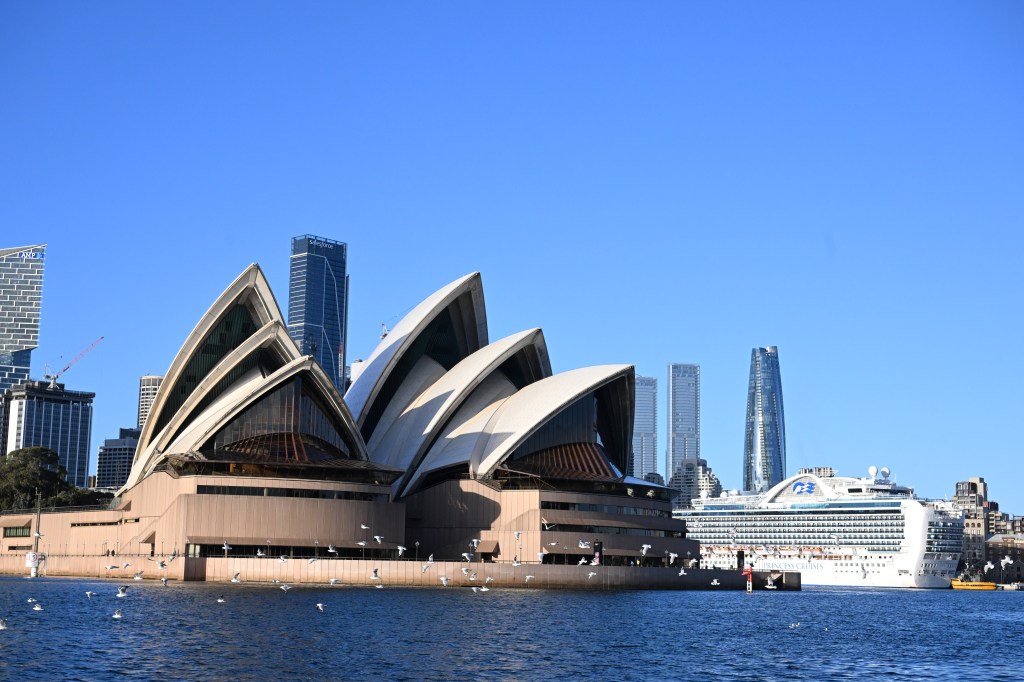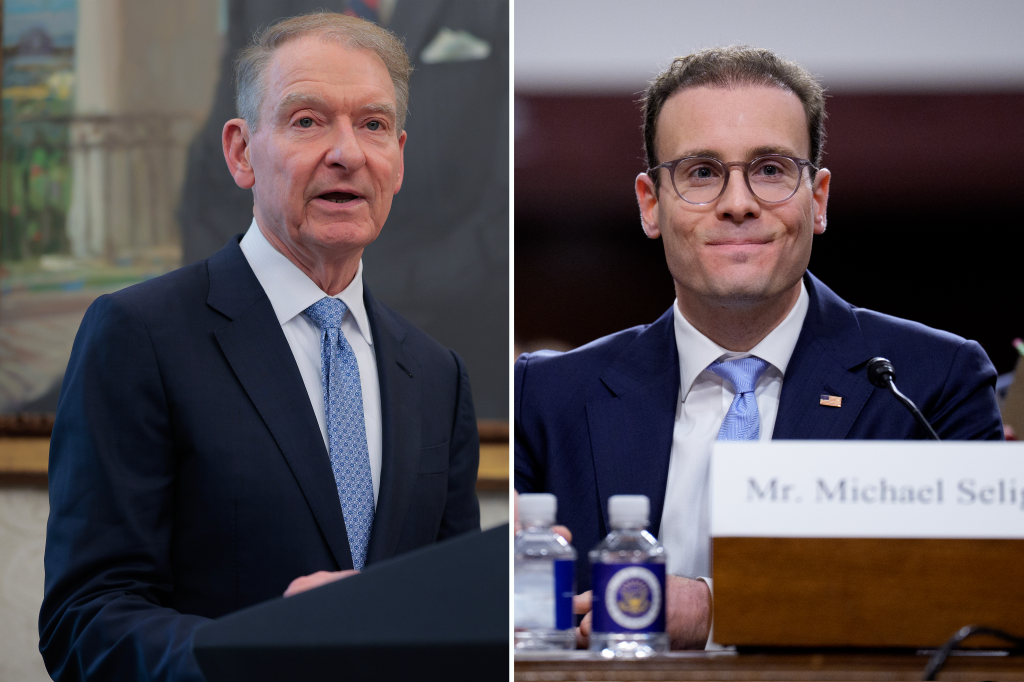The Financial Industry Regulatory Authority (FINRA) started a Crypto Hub, also known as the Hub, in October 2022. Jason Foye, Chief of the Hub, offered an update to its activities on the organization’s website last week.
The Hub is designed to ensure the agency is prepared to fulfill our regulatory mission
Register for free to keep reading
To continue reading this article and unlock full access to GRIP, register now. You’ll enjoy free access to all content until our subscription service launches in early 2026.
- Unlimited access to industry insights
- Stay on top of key rules and regulatory changes with our Rules Navigator
- Ad-free experience with no distractions
- Regular podcasts from trusted external experts
- Fresh compliance and regulatory content every day













